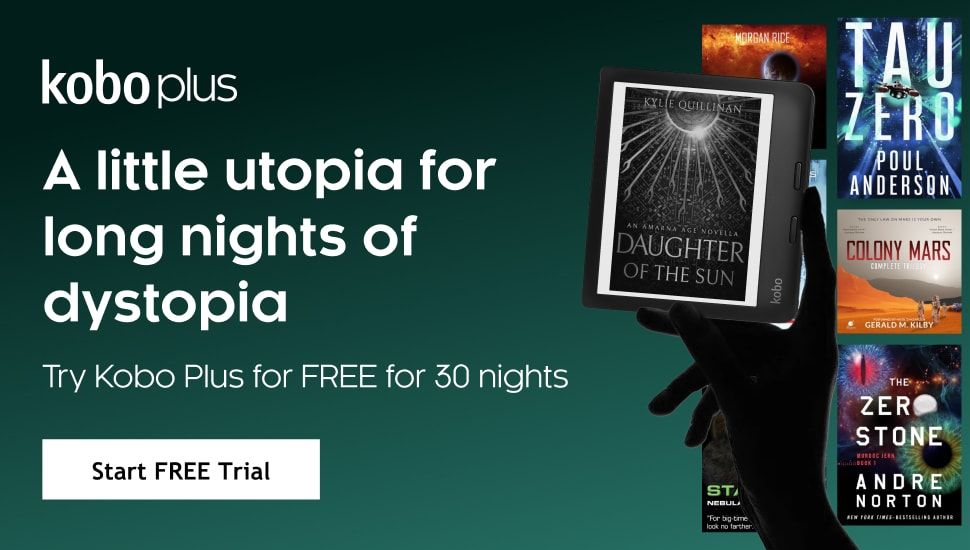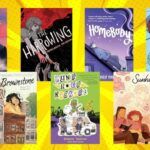
Where to Find Trigger Warnings for Books
There’s been a lot of talk about trigger warnings and content warnings. You’ve probably seen countless op-eds over the past few years, whether they’re for or against the warning labels.
I’m super close to hitting bingo on my DSM bingo card, so it should come as no surprise that I’m all in favour of trigger warnings. Adiba and Vanessa sum up my thoughts perfectly, so I won’t elaborate further. Instead, I’m here to round up a few resources for folks like me who need a heads up to read safely.
We tend to have an aversion towards spoilers (hello, Avengers: Endgame), so it can be quite difficult to find trigger warnings without getting majorly spoiled. Plus, good ol’ Google doesn’t always give us the info we need. Thankfully, some good folks on the Internet have been making safe reading much easier and more accessible.

Does the Dog Die
This gem started as a little website that literally answered the question, ‘Does the dog die in this movie?’ It has since expanded to include other triggers like strobe lights, body horror, and hate speech. The site simply lists ‘yes’ or ‘no’ for each trigger, and users can add detailed notes with spoiler warnings.
The crowdsourced compilation also has a function where you can request additional trigger warnings. Plus, it also links to relevant helplines and information about specific triggers you may not be familiar with.
Book Blogger Databases
Just like any community, things aren’t always peachy in Book Internet, but all in all, folks are incredibly generous. Book bloggers Fadwa and Laura have an ongoing database to which you can contribute by filling out their form. Lauren Hannah also has a trigger list with mostly YA titles. So if you don’t have a specific book in mind that you want to Google for trigger warnings, these databases are a good way to safely browse potential new reads.
Goodreads
Goodreads is great for keeping track of all your bookish endeavours, like reviews, book club discussions and reading challenges. You probably already read reviews to help decide what books to read, but not every reviewer lists trigger warnings. However, I’ve found Goodreads reviewers to pretty consistently offer warnings for triggers and spoilers, making it easier for readers to keep themselves safe while dodging spoilers.
Unconsenting Media
Unconsenting Media only compiles triggers for TV and film, but it’s still a nice tool to have on hand for book-to-screen adaptations. This resource focuses on sexual violence, and utilises a green-light system, making it easy for you to make quick decisions if you need to. Hovering on the red or yellow dots will give you a brief run-down of specific triggers, while comments provide further details should you need them. They also have a blog with thoughtful analyses of depictions of sexual violence.
Ask
Sometimes you just can’t find info about a book you want to read, whether because it’s new or because it’s obscure. If you’re not comfortable with asking for warnings about a specific content (and thus disclosing your triggers), you can opt to ask in a more general manner. Asking is scary though, so if you need a script, here’s what I usually say: ‘Are there any trigger warnings that I should be aware of?’ Boom. I don’t have to reveal anything about my traumas if I don’t want to, and neither do you.
Remember, you are allowed to ask. You have the right to be safe. Use your words. You got this.










